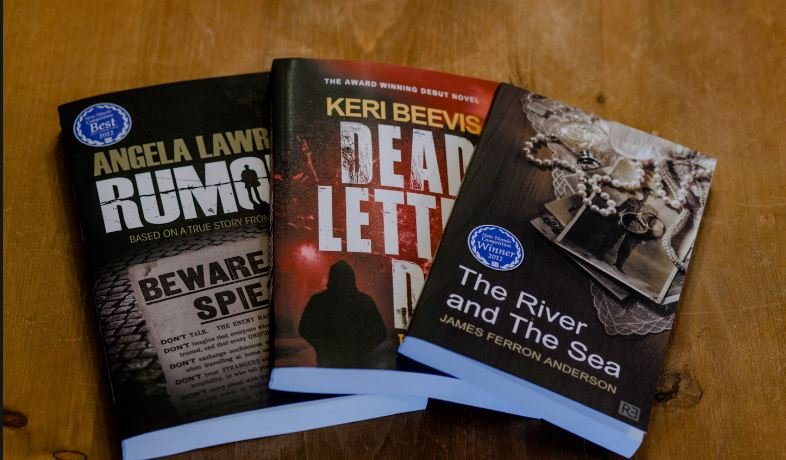
fiction writing
It does not take a genius alone to know how to write a good novel. There are simple ways you can follow and write your story in one of the greatest stories ever read. All it takes is your desire to become of the best-selling authors.
Steps to follow when writing a novel.
Develop an idea
It is so simple when you are driven with the desire and passion to write and be able to touch peoples lives through your writing.
You probably have an idea of what you want to write about. All that’s left for you now is to develop that idea into an enjoyable story.
Plot and characters for your novel
Already you know what you want to write about you will need to have characters that will stay vivid in the memories of your readers.It is those characters that will bring life to your story.
Characters do not work alone to make your story interesting but together with the plot that you have chosen you can work wonders with your story that will lead the reader to want more.
Avoid being too obvious
Most beginners make the mistake of being too general with their stories especially when talking about character. Remember you are writing for someone to be able to read and relate to the story in any way possible, Just like how someone gets to enjoy Online Casino USA.
You need to give your characters life so that as a reader one gets to know of how the characters are planning on doing next, thinking and even feeling regarding the situation. Drama in your story will make this easy.
Be comfortable
The only way as a writer you can write well is when you are in your own comfortable space.
When you are comfortable you do not exert much pressure on yourself rather your imagination and creativity take you places as you develop your story.
Different authors write for different age groups. As a new writer you need to know the age group you are writing for.
This will guide you towards which words to use or the scenes to include in your story. in addition, as you write you need to be aware of the laws that guide authors on what they write.
clarity
As you write your novel you need to be cautious of your choice of words depending on who you are writing for specifically looking at age.
This will make it easy for readers to understand what you are trying to say in your book because remember you do not know who your reader will be.
Finally, what is important to note is that you should not stray from your main storyline as you follow all these steps leading to a great story.
